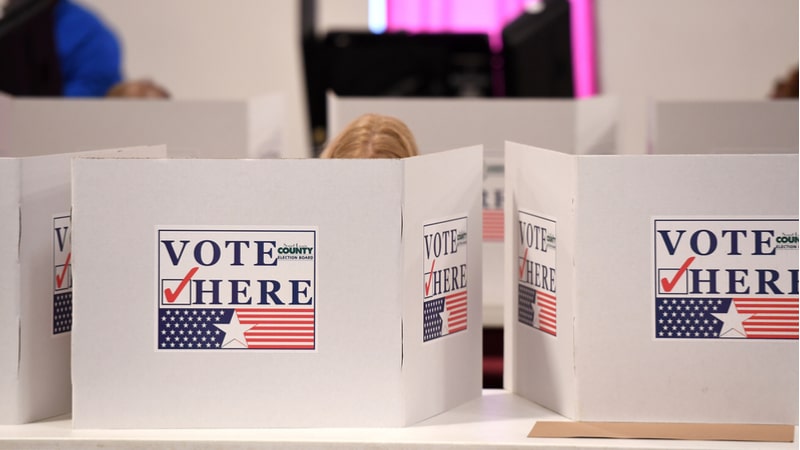
The Senate on July 8 unanimously approved the Defending the Integrity of Voting Systems Act, which was sponsored by Sens. Sheldon Whitehouse, D-R.I., Richard Blumenthal, D-Conn., and Lindsey Graham, R-S.C.
The Act would make it a Federal crime to hack any voting system used in a Federal election. The legislation is a response to a Department of Justice 2018 report which found that existing law – primarily the Computer Fraud and Abuse Act – only applies to computers that are connected to the internet. Election equipment typically isn’t connected to the internet.
“Our election systems need strong safeguards against enemy hackers seeking to subvert our democracy. Voting machines are a prime penetrable target, and laws remain woefully outdated,” said Blumenthal. This bipartisan bill provides the Department of Justice with powerful tools to vigorously prosecute and stop malicious hackers. Its unanimous passage tells the world that securing our nation’s elections and cyber infrastructure is a bipartisan cause.”

“Russian interference in the 2016 election exposed just a small piece of our adversaries’ cyber capabilities,” said Graham. “Seeking to undermine American democracy and our standing on the world stage, hostile nations like Russia, Iran, China, and North Korea work every day to develop new cyber weapons to deploy against the United States. We should be particularly vigilant of our voting systems. This legislation provides the Department of Justice the ability to investigate and prosecute those who seek to manipulate elections systems equipment.”
The sponsors of the House’s companion legislation agree with Graham and Blumenthal.
“Every day, our geopolitical rivals are working to infiltrate and interfere with our electoral process,” said Himes in a statement when the House bill was introduced. “If we’re not thinking of ways to protect our systems and deter attacks five, ten, fifteen years in the future, we risk falling behind and losing our substantial technological advantage. This bill will expand the Computer Fraud and Abuse Act, a move the Department of Justice Cyber Task Force has identified as a priority, to prohibit hacking of voting machines.”
